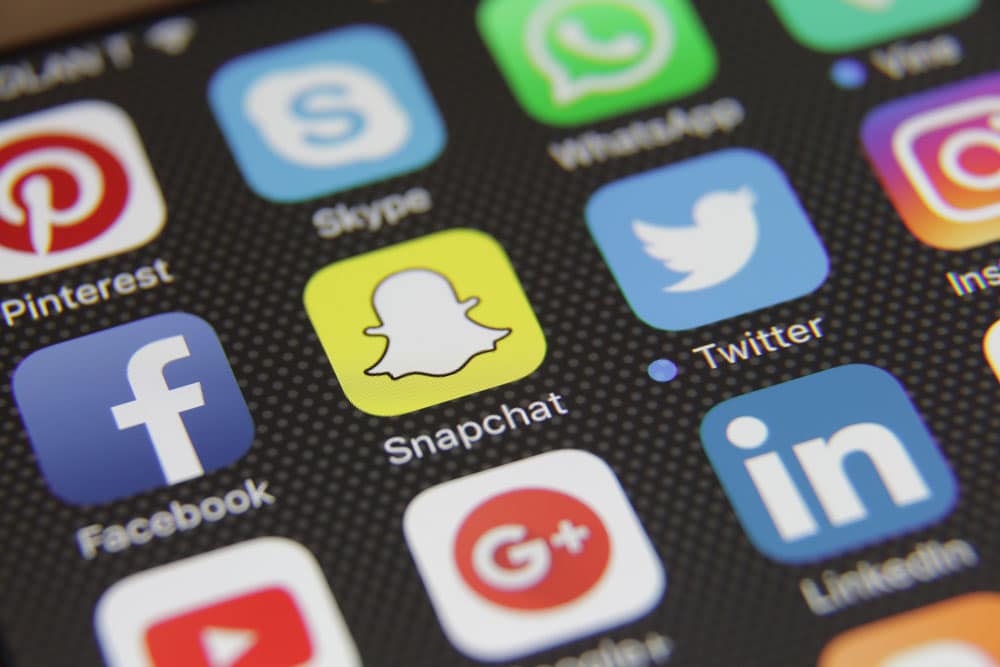It seems that every day another brand is raked over the coals for a mishap on social media. While this can often make people feel nervous about communicating with customers online, there are a few basic things you can put in place to help keep your brand’s reputation safe and avoid social media snafus.
Here are a few of the top strategies:
Create a company social media policy
The best crisis communications/crisis management plan involves avoiding controversy and negative opinions in the first place.
Create a written policy that governs how people who work for you will post not just on the company pages but also in profiles that they link to your brand. (It is also important to follow relevant employment law when making rules for personal profiles.) Include a crisis communications consultant in the development of your rules so that you are well-prepared for any eventuality.
The rules shouldn’t just be a list of the things you should not say. They should have policies for replying to people who get in touch and some ideas about the company voice.
Fact-checking is your friend
Many social media snafus are the result of poor or out of date research.
Take Wendy’s tweet of alt-right symbol Pepe the Frog. Pepe was a harmless internet meme for many years before being co-opted by internet extremists. The person in charge of Wendy’s account had not kept up with changes in the meme and wound up embarrassing her brand.
Don’t put your least senior employee on social media
There is a tendency among companies to put their social media accounts in the hands of their youngest and least experienced team members.
Sometimes it is because brands do not think that social media is important. Sometimes it is because more senior staff feels lost on newer platforms. This is a mistake.
Your Facebook, Twitter, Instagram, and other social media presences are often the first experience consumers have with your brand. While younger individuals are more likely to use social media in their day to day lives and seem to understand these platforms better, they are not necessarily the people for the job. You need someone with a level head and strong experience in reputation management for your brand.
Make social media part of your customer service arm
When users contact your brand on social media channels, they expect answers. Make sure your social media policies have a process to get their comments to the right place. The customer service you offer over social media is doubly important, as it is happening where the public can watch. In a worst-case scenario, prospects will see that you are either not responsive or that you respond badly to criticism of your brand. In the best case, your social media-based customer service becomes advertising for your brand. When people see that you handle complaints and issues quickly and compassionately, they gain confidence in your brand.
Be honest and transparent
Do not lie and say an issue is resolved when it is not. An angry customer may just respond and make you look dishonest.
In most cases, deleting negative comments instead of addressing them is a bad policy. Many consumers find it dishonest when brands delete comments. In most cases, it is best to offer apologies or offers to reach out to customer service instead of taking the negative talk down.
The thing to remember is that you cannot control a dialog. If you remove comments or say things that are not true, there will always be individuals who have preserved the original record and who will be happy to show others where you’ve erred.
Careful with that autoresponder
What if you had a bot that would write whatever your human social media manager would? Sounds great, right? A customer complains, and your bot happily and automatically responds that you’re listening and that you’ll handle their problem right away.
While this can save a lot of time and help you get answers to people more quickly, it can also backfire.
Take the autoresponder on Facebook for clothing brand ASOS. When a former employee commented on the brand’s page to complain that a trio of co-workers had been fired, the bot was there right away with the comment “Thanks, Gareth, we’ll get to your PM as soon as ASOS.” Commenters later in the stream were asked for (nonexistent) order numbers. While the bot can be a big time saver in most cases, it can make your brand look robotic and unresponsive in others.
Be ready for things to go wrong
A poorly-worded tweet. A customer who goes viral venting about your brand. A post made in error.
These and other social media crises can put your brand on the defensive. The trick to handling crisis communications gracefully and effectively is having a plan. Create a plan for a quick but careful reaction to online issues so that you are not caught by surprise.
Remember that social media is a 24-hour channel
You need to have people monitoring social media channels 24 hours a day, or even a reputation command center to manage your monitoring and response and avoid social snafus.
Many large brands have international audiences who are awake and in the middle of their workday while people on the other side of the world are asleep. Other brands will find that they have a large contingent of third-shift workers and night owls among their customers. If you stick to a Monday to Friday, nine to five routine, a crisis can burn for hours without a response. As any crisis consultant will tell you, immediate action is the best remedy to a social media snafu.
Social media can be one of the best places to connect with new prospects and to strengthen relationships with the people who are already fans of your brand. To keep the interactions positive, you need to understand the medium and have clear policies for how your brand behaves there. It’s best to remember that social media is a tool like any other. By using it safely and wisely, it can help you get the job done.
Can we help you?
Building an effective crisis management process that incorporates crisis management, crisis communications, and other functions within your firm is what we do here at Bryghtpath. Rapid response processes, reputation command centers, or even providing those services for you through our in-house Global Operations Center is our forte.
Bryghtpath has built the crisis management plans and frameworks for many Fortune 500 organizations, non-profits, and public sector agencies. Our firm has more than a century of experience in developing actionable plans to help prepare organizations for the unexpected. Our expertise includes crisis communications and emergency plans/exercises.
Contact us today at +1.612.235.6435 or via our contact form.


 Handling Executive Misconduct
Handling Executive Misconduct